The ruined water park on the banks of the Dead Sea
One Israeli photographer revisits the past she never had

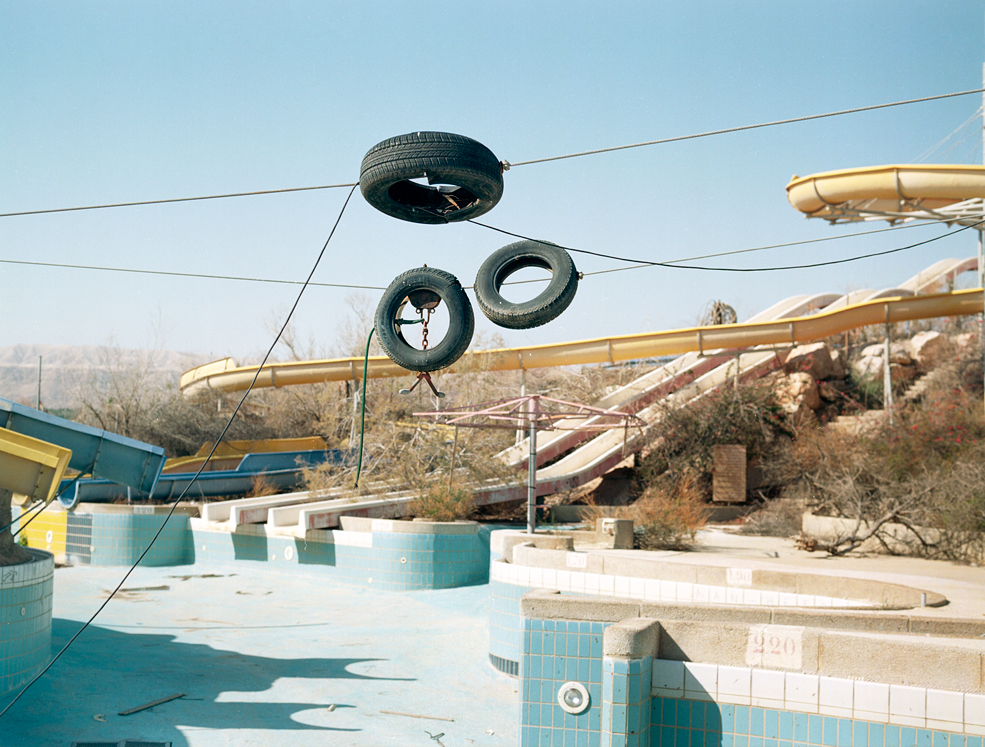
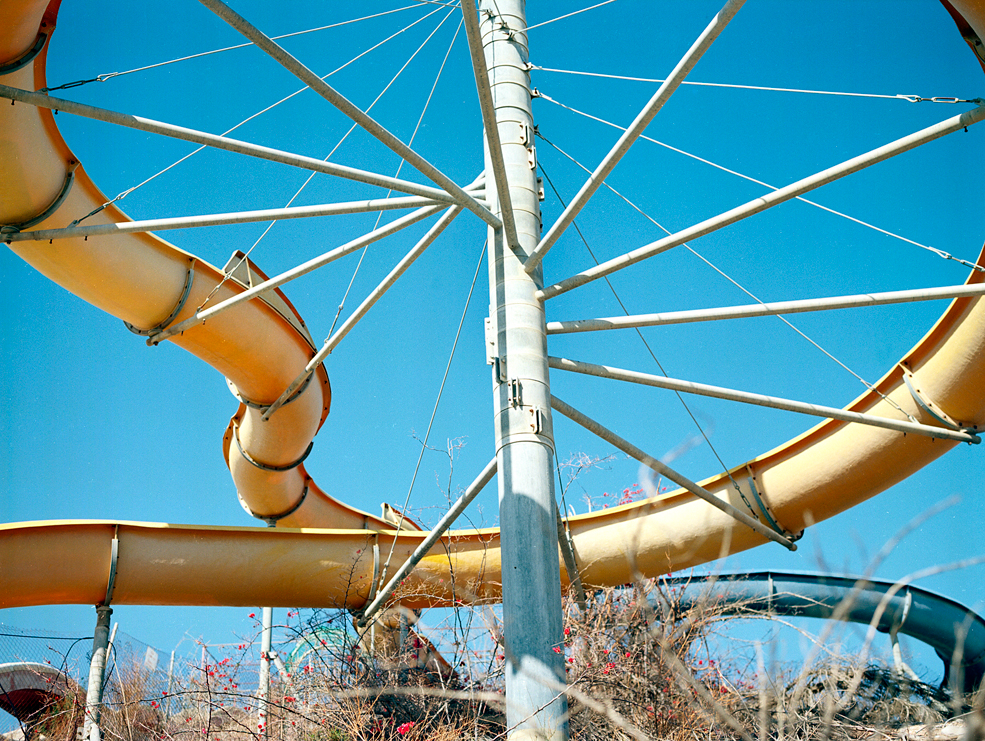
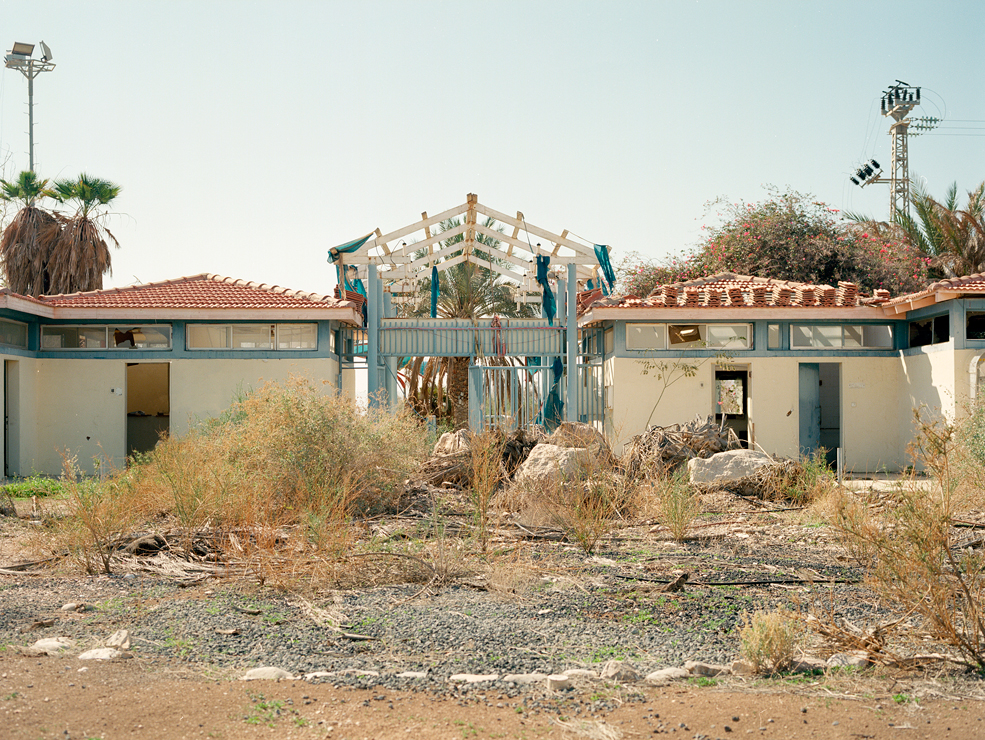
(Dana Stirling)Stirling's husband Yoav Friedlander, also a photographer, asked if she'd ever visited Atraktzia as a child. No, she said. She hadn't. He was surprised — the now-defunct water park was once one of the most popular summertime destinations in Israel, he told her. Named after the English word for "attraction," it shut down more than a decade ago, thanks to a combination of legal, financial, and safety issues.Curiosity piqued and trusty Bronica camera in hand, Stirling slipped in unnoticed and stole a few shots in the heat of the afternoon.
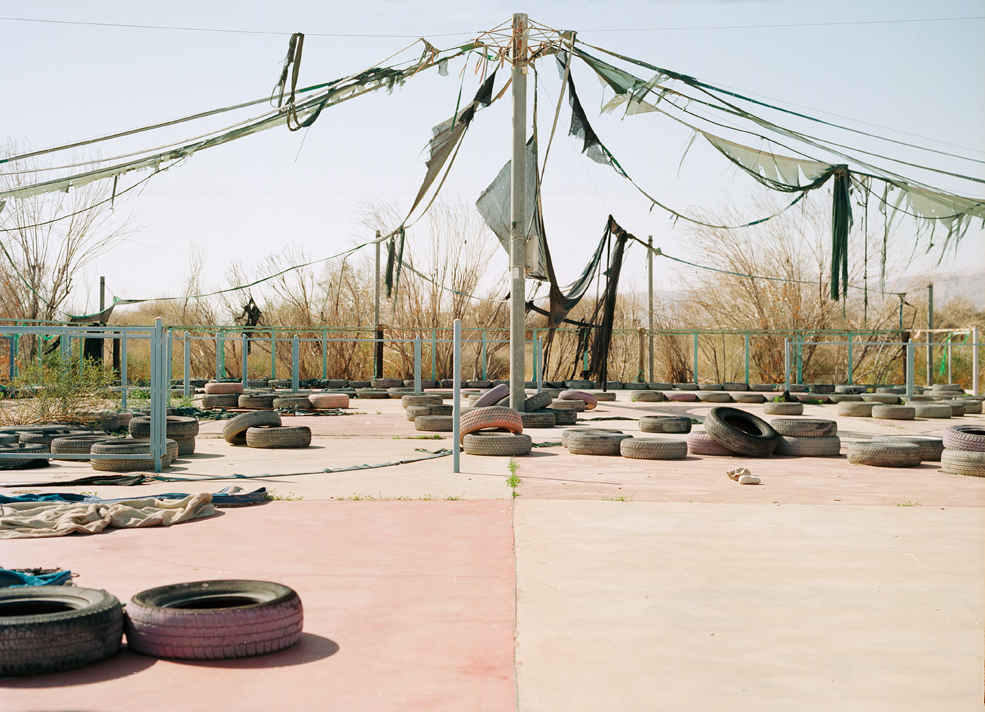
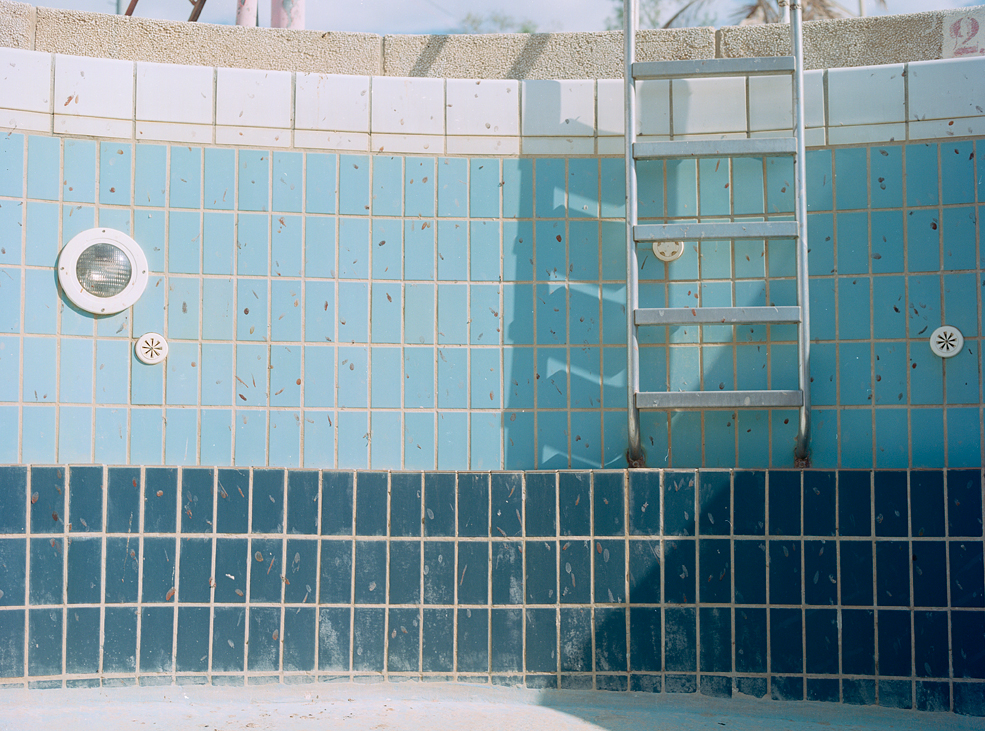
(Dana Stirling)Afterwards, Stirling asked friends and other locals about Atraktzia. Almost everyone she spoke to fondly recalled visiting the park as children. Intrigued by the contrast between their nostalgia and the crumbling reality she had witnessed, Stirling set out to document the place as part of her BA in photographic communication at Hadassah Academic College Jerusalem."A lot of people haven't seen the park since it was closed, so they still have the memory of it being amazing and vibrant," says Stirling, now 26 and a graduate student at the School of Visual Arts in New York. "The reaction they had to the project was very interesting to me because they felt very sad. They were genuinely sad to see the park that way.""I was really interested in going to a place that holds a lot of childhood memories for people growing up there," Stirling says. "How can you feel nostalgic for something you've never been to? But I did."
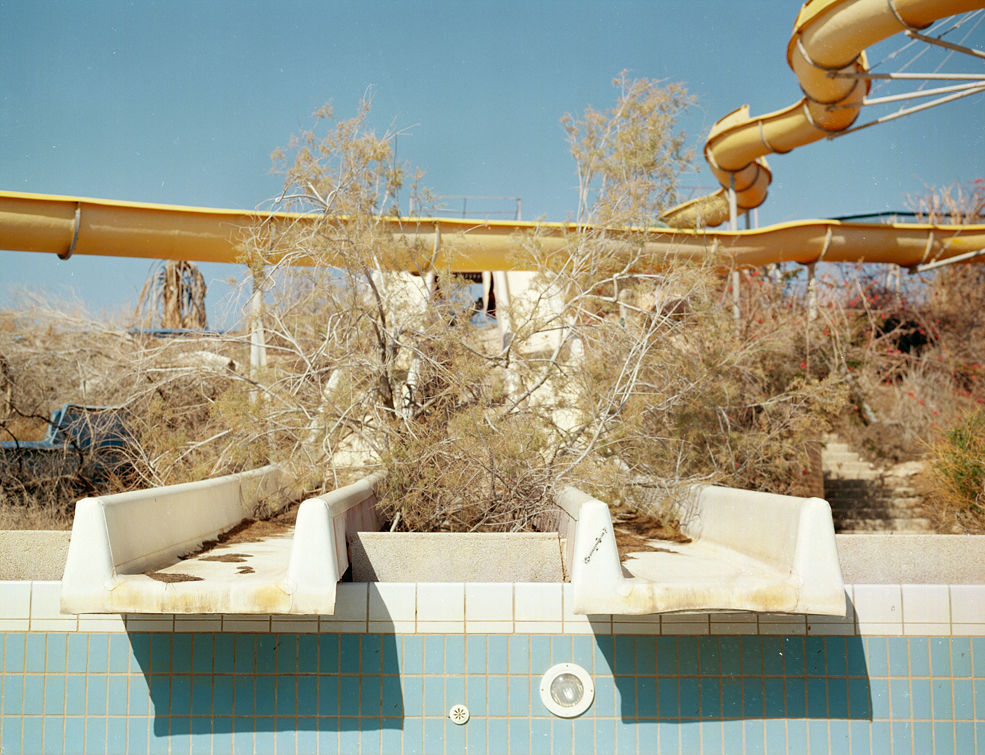
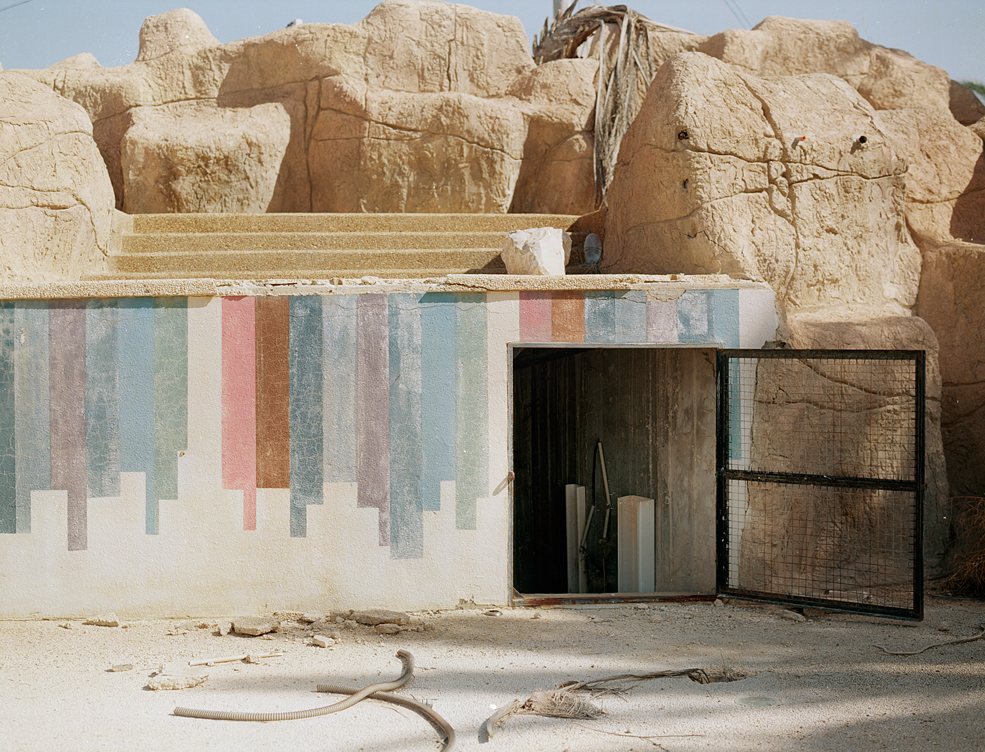
(Dana Stirling)Stirling's parents "made Aliyah" — that is, returned to the promised land from the Jewish diaspora — a year before she was born, taking their small family from outer London to embrace their cultural roots in Jerusalem. She was the first in her family to actually be born in Israel.But with only a tenuous grasp on the Hebrew language, Stirling's parents never quite assimilated into Israel's daily life. Hearing them speak fondly of the rich, comfortable life they left behind, Stirling often felt conflicted about her identity as an Israeli native with a palpable British past."I never felt completely Israeli," she says. "On the other hand, I'm not British because I haven't grown up there. I didn't live there. I don't have any memories there. So I'm kind of always in between. Where do you fit?"
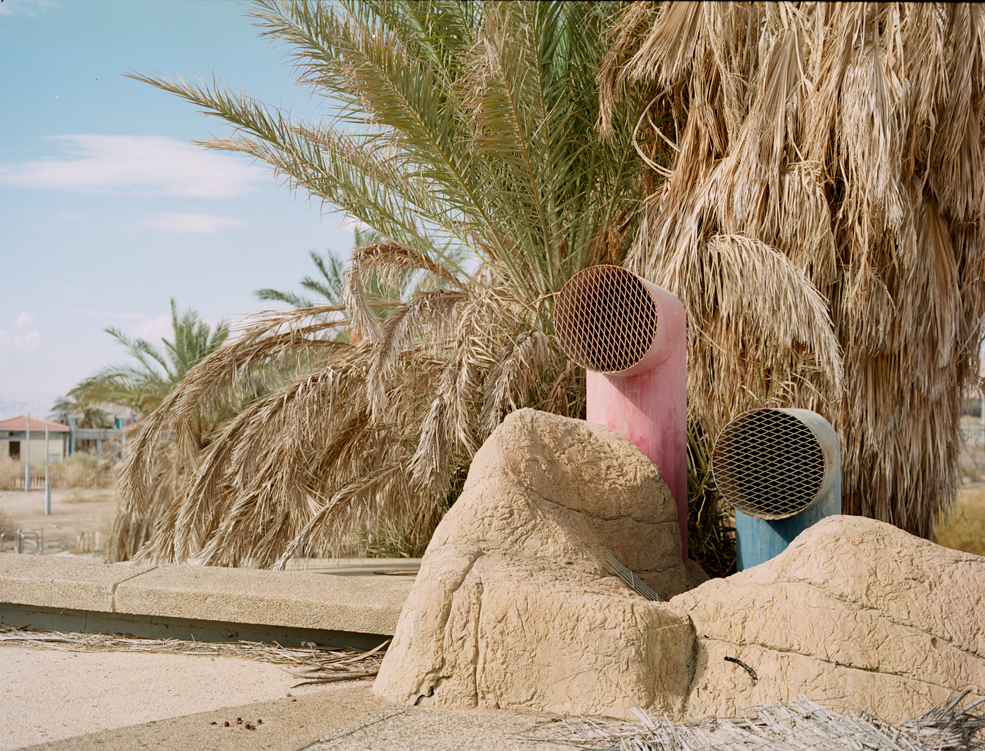
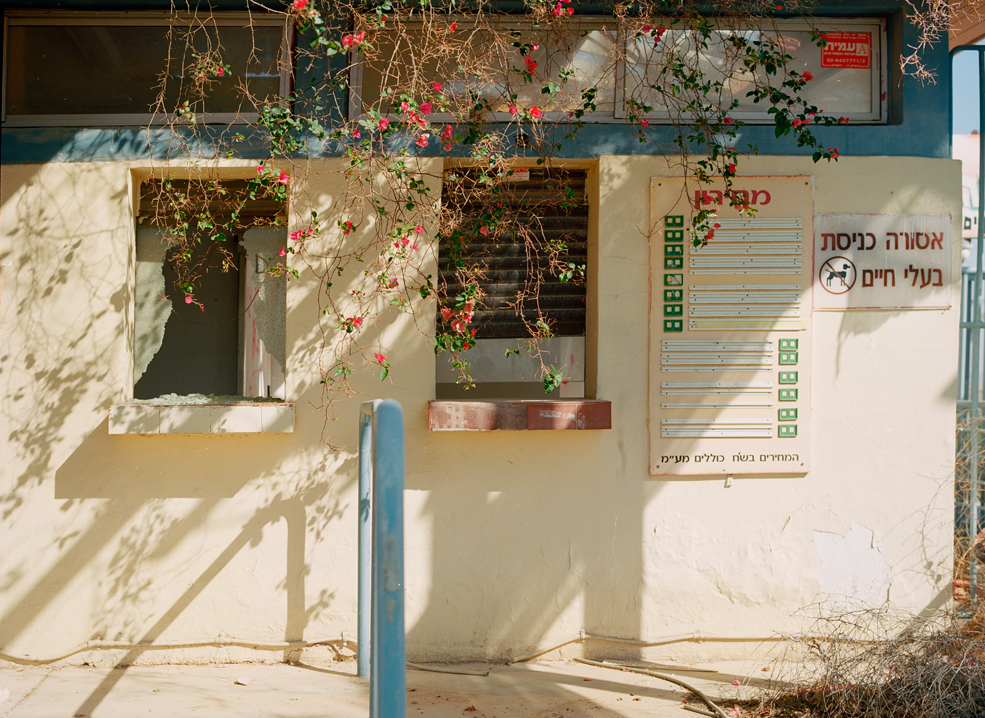
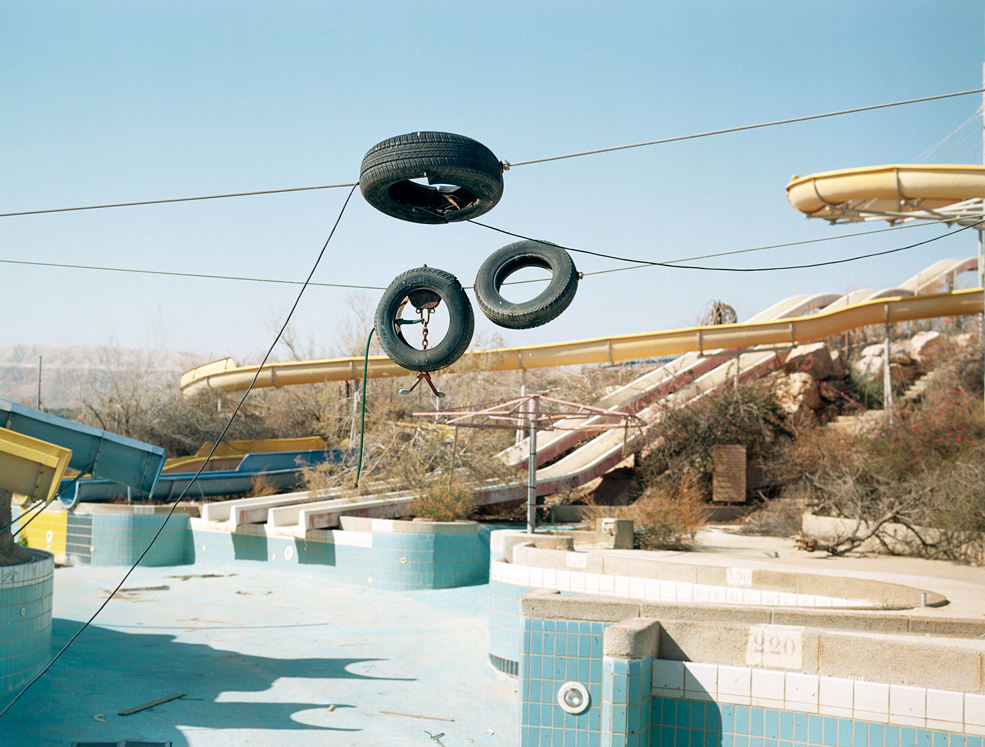
A free daily email with the biggest news stories of the day – and the best features from TheWeek.com
Kelly Gonsalves is a sex and culture writer exploring love, lust, identity, and feminism. Her work has appeared at Bustle, Cosmopolitan, Marie Claire, and more, and she previously worked as an associate editor for The Week. She's obsessed with badass ladies doing badass things, wellness movements, and very bad rom-coms.
-
 Political cartoons for February 1
Political cartoons for February 1Cartoons Sunday's political cartoons include Tom Homan's offer, the Fox News filter, and more
-
 Will SpaceX, OpenAI and Anthropic make 2026 the year of mega tech listings?
Will SpaceX, OpenAI and Anthropic make 2026 the year of mega tech listings?In Depth SpaceX float may come as soon as this year, and would be the largest IPO in history
-
 Reforming the House of Lords
Reforming the House of LordsThe Explainer Keir Starmer’s government regards reform of the House of Lords as ‘long overdue and essential’
